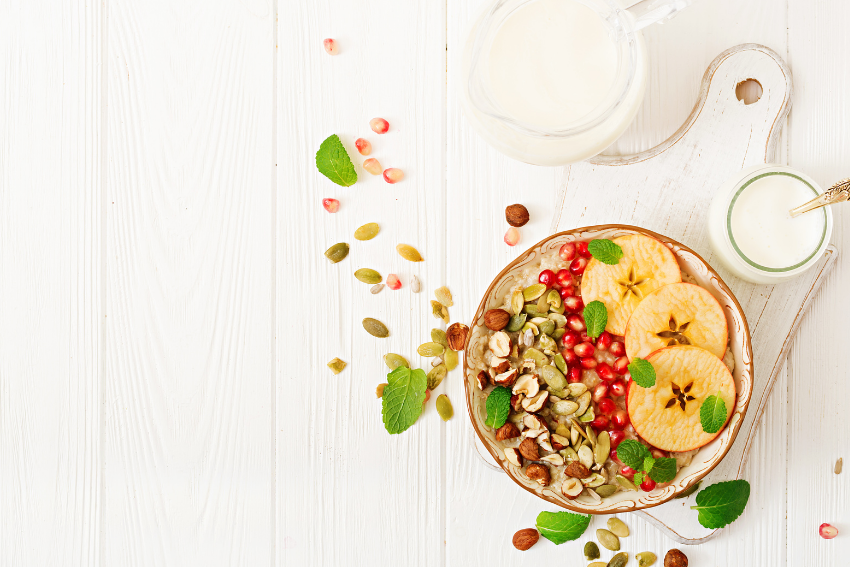Could IBS be causing your bloating?
By Ann Shaw – Nutritionist
IBS, (Irritable Bowel Syndrome), is the most common functional gastrointestinal disorder, typically characterised by abdominal pain and bloating and often constipation and diarrhoea. In my experience, I would say that one in three people consult me with a host of symptoms that are associated with IBS, including Candida Albicans. Research suggests that IBS affects up to one in five people in the UK at some stage of their life.
It can be exasperating when you have tried everything from elimination diets, the fodmap diet, the candida diet, excluding commonly known triggers such as gluten and dairy, over-the-counter remedies and many other hopeful solutions. But, one area you may have not thought to investigate is parasite infestation, the symptoms of which can mimic IBS.
Millions of people have parasites without realising, but they conclude it must be IBS. Some patients who have had a stool test from their doctor have received a clear result, as a single test may not detect the cycle of parasites when they are in a dormant egg stage. To properly explore what is happening, a group of three samples are required over a number of days, using functional laboratory testing. These tests will also detect other pathogens, which may be contributing to your overall health issues.
One patient with IBS symptoms told me that she felt permanently disorientated and could hardly walk from the door to my desk when she first came to see me. Laboratory testing confirmed she had many parasites, and it was not until we tackled these, that she regained her health again. Some parasites are very resistant and difficult to get rid of, and each requires a specific form of treatment. So attempting to treat the condition with a generic treatment, such as herbs, or antibiotics without knowing the exact strains you may be suffering from is pointless.
Parasites need tackling because they rob your nutrients and impair your immune system. Weakened immunity significantly increases the risk of infection by these unwanted organisms, and parasites are no exception. They can be transmitted surprisingly easily, from fruit and vegetables that have not been washed properly, walking bare-foot on the beach, animals, tap water, raw fish, babies nappies and food poisoning.
These are some of the symptoms associated with parasites:
Abdominal Pain & Cramps, Anal Itching, Anaemia , Nausea, Diarrhoea, Anorexia, Distension/Bloating, Overweight, Arthritis,Dysentry, Autoimmune Disease, Fatigue, Bloody Stools, Fever, Chronic Fatigue, Flatulance, Colitis, Food Allergy
Constipation, Foul Smelling Stools, Crohn’s Disease, Gastritis, Depressed Siga, Rash And Itching Of The Skin, Headaches, Low Back Pain, Inflammatory Bowel Disease, Malabsorption, Altered Intestinal Permeability, Nervousness, Irregular Bowel Movements, Irritability, Irritable Bowel Syndrome, Weight Loss, Joint & Muscle Aches & Pains, Skin Conditions, Sleep Disturbances, Rectal Bleeding, Teeth Grinding, Urticaria, Vomiting
You may be experiencing some of the above symptoms, in which case please contact me, and I will be happy to help you. My approach is to look at the underlying causes of your IBS symptoms, some of which can be Candida, Parasites, Stress, Dysbiosis, Bacterial infection or Food Allergies.
If you find yourself suffering multiple food allergies or any of the above symptoms, consider parasite infestation as a possibility.
Written by TCHP Resident Nutrition Expert – Ann Shaw DThD.DNMed.T.A.S.K.M.BANT.NTCC.CNHC
For more information contact the clinic or call the clinic on 01372 464659


